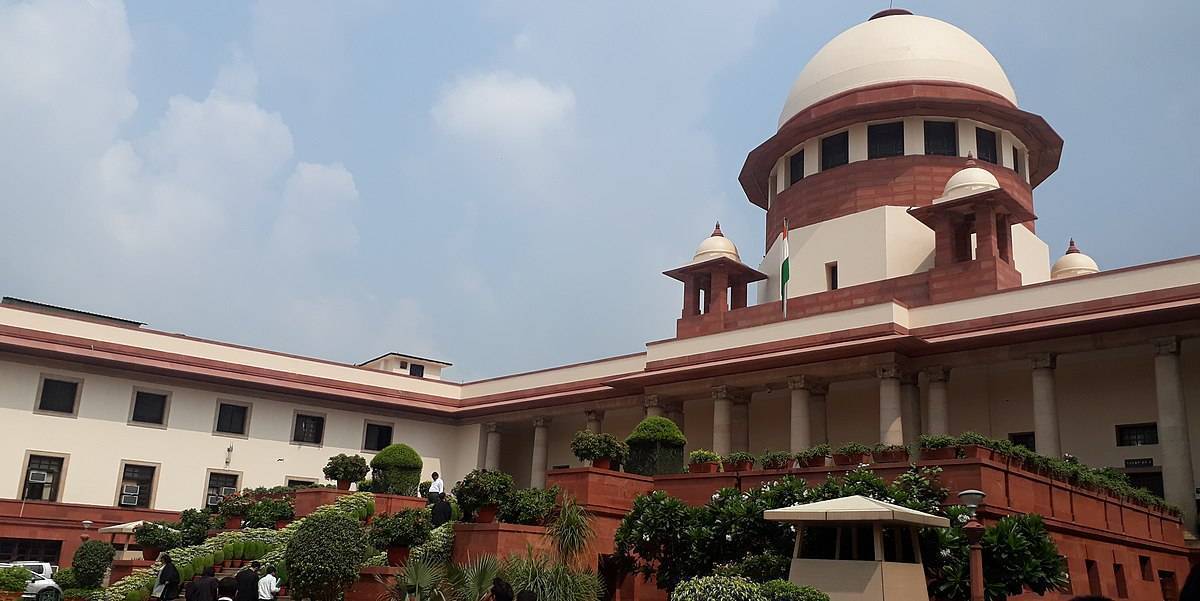The Bombay High Court’s Goa bench has clarified that Goods and Services Tax (GST) does not apply to construction services under a Joint Development Agreement (JDA) once the developer becomes the property owner through conveyance. This ruling resolves a long-standing tax dispute and is expected to bring significant clarity for real estate developers across India, particularly in land-constrained markets such as Mumbai, Bengaluru, and Hyderabad.
The case arose when Provident Housing challenged a tax demand related to construction services under a JDA. The revenue department had maintained that GST was payable at the time of entering into the agreement, while developers argued that liability should only arise upon the transfer of completed property. The court’s decision sided with the developers, ruling that no GST is applicable once ownership is transferred through registered conveyance.
A division bench comprising Justices Bharati Dangre and Nivedita P. Mehta delivered the judgment on August 21, 2025. The ruling emphasized that after executing the JDA, the landowner sold the entire parcel to Provident Housing by registered conveyance, extinguishing all claims under the original agreement. Consequently, the court observed that no GST liability could arise on account of the earlier agreement once the developer became the property owner.
Legal experts, including Abhishek A. Rastogi, founder of Rastogi Chambers, expect the ruling to streamline GST treatment in redevelopment projects. Rastogi noted that the decision emphasizes aligning GST liability with the actual transfer of property rights, reducing uncertainty for developers, and clarifying that JDAs should not be taxed upfront once the developer acquires ownership.
JDAs are widely used in land-scarce urban markets, allowing landowners and developers to share revenue from construction projects. Under such arrangements, developers generally pay 18% GST on construction services, which often cannot be offset through input tax credit, leading to potential cost cascading. Developers typically factor this GST cost into the final property price, effectively passing the burden to homebuyers.
With this ruling, developers can now plan financials and project pricing more accurately, without pre-emptive GST on JDA-based construction services. This could also influence ongoing disputes before various tribunals and courts, as JDAs remain a preferred mechanism for unlocking land parcels in India.
Market analysts anticipate that the decision may positively impact project costs and pricing dynamics, particularly in redevelopment projects where joint development agreements are common. Landowners prefer revenue-sharing models, and developers can now factor GST treatment more predictably into financial planning, reducing legal and accounting complexities.
Image source- high-court-of-bombay









.png)